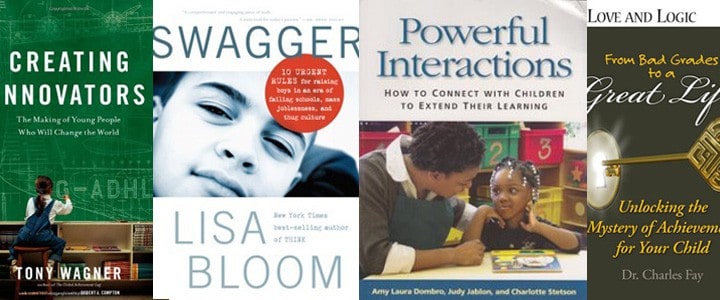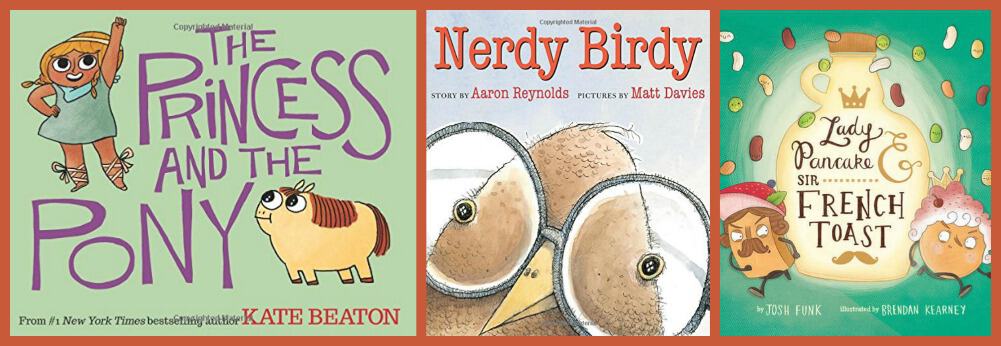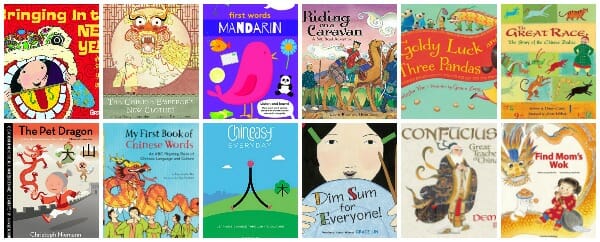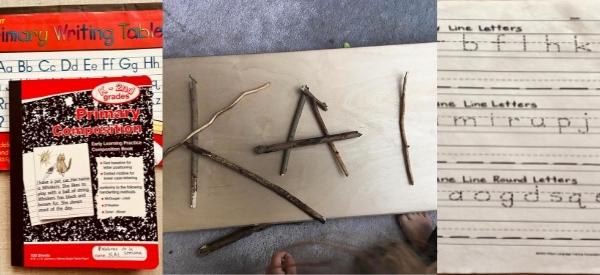Daughter Empowerment: You Got My Child What?
This post may contain affiliate links.
Guest post by Jennifer L. Hartstein, PsyD, Author of Princess Recovery: A How-To Guide to Raising Strong, Empowered Girls Who Can Create Their Own Happily Ever Afters.
The holidays are filled with so many wonderful things: family, friends, parties, religious endeavors, and, of course, gifts. All of these things can bring us joy (along with the requisite stress), but it is the gifts that often create the greatest source of concern, especially if you have to worry about what people around you are going to be purchasing for your daughter. Very often, people buy things that are meaningful to them, and not as meaningful to the receiver. Additionally, not everyone will respect your desire to promote your daughter’s empowerment.
Situations involving gifts do pose a unique challenge. People in your life may not have the level of awareness you do, nor will they share your concerns or have the same values about what will promote a positive sense of self and confidence in your daughter. In fact, many people you know may think you are making much ado about nothing. It is inevitable that your awareness will lead to a situation when what you want is not in line with what other people want. For example, your sister may think that the Monster High dolls are totally appropriate, cute and fun and the perfect gift for your 6-year-old. You, on the other hand, do not want this to be the message your daughter receives. How do you handle a situation such as this?
First and foremost, as her parent, you get to decide. You may accept the toy, and not allow her to use it. It may mean returning the gift. It also may mean talking with the gift-giver about why this is not an appropriate gift for your daughter. These conversations are not going to be fun, and, it is so important that you lead by example and advocate for your daughter’s needs.
In Princess Recovery, four important points are highlighted to help you manage these instances when they arrive (and, be prepared, because they will!).
Educate Gently
It is important to speak up and to be sure you are heard by the important people in your life. It is essential to do this in a way that you are hear and respected. Speak your mind clearly, and with appreciation. Always say thank you, followed by how you feel. For example, you could say, “Thank you so much for the gift. I know this is the hot toy right now. Although we appreciate the gesture, we prefer not to have this type of to in our house. I’d be happy to provide you with other options, or, you can keep the toy for your daughter, if you’d like!”
This might not be easy to say, especially if your initial reaction is more emotional. Take a breath, and a minute, and be open, honest and direct about what you think.
Be Specific
You are providing education to those around you, so it is important to be sure they really understand where you are coming from (without shoving it down their throats). You know what you mean when you say you would prefer “gender neutral” toys, but your mother-in-law might not. Explain what you mean, and why you are making this request. Discuss why this is important to you and the development of your daughter’s healthy self-esteem. Providing this kind of guidance will increase understanding, decrease conflict and confusion and promote positive interactions. And, you never know, you might encourage someone in your life to see things a different way!
Consider the Relationship
Focus on the relationship with the gift-giver over the gift. You may not agree with the gift, but know that taking a strong stance against it will potentially create damage with the person giving it to your daughter. Keep that in mind when you consider making a fuss. It may be easier to graciously accept the gift, and then have it “magically” disappear. This is also an opportunity to talk with your daughter about why the gift may be giving the wrong message or offer alternative toys that you do approve of. Doing either of these things will dull down the message and make the experience less damaging.
Advocate For Your Daughter
Gifts are a time for you to advocate for your daughter and teach her to advocate for herself. Have open dialogues about why a gift may be inappropriate, talking with her in an age-appropriate way. Be prepared for questions, and possibly, some tantruming. Be mindful not to make promises you will not be able to keep.
You can say something like: “Your dad and I don’t think this toy will teach you positive things. Let’s go find some other options that might.” The key here is to identify the values you want to instill in your daughter, and use these gift receiving opportunities to highlight them.
The holidays bring joy and happiness, and can also a time of great stress for many different reasons. Gift-giving, and receiving, should not be an added source of stress. If you are prepared, and ready for whatever might come your daughter’s way, you can keep the gifts you don’t approve of out of your home . . . and enjoy all of the fun, while maintaining the positive relationships, that you want to be part of the holiday.
© 2011 Jennifer L. Hartstein, PsyD, author of Princess Recovery: A How-To Guide to Raising Strong, Empowered Girls Who Can Create Their Own Happily Ever Afters
Bio
Jennifer L. Hartstein, PsyD, author of Princess Recovery: A How-To Guide to Raising Strong, Empowered Girls Who Can Create Their Own Happily Ever Afters, a child and adolescent psychologist, is a regular correspondent for The Early Show. She has also appeared on Fox News, The Today Show, and Headline News. Dr. Hartstein uses a variety of treatment approaches that promote strong self-awareness, distress tolerance, and acceptance. She lives in New York City.Visit http://www.drjen.com/, and find her on Facebook and Twitter.
2012 Learning Gifts for Kids
Math and Science Gifts for Kids







I greatly appreciate this post. I’m pretty upset at all of the gifts that my children got this year. I don’t think it’s appropriate for five year olds to have itty bitty little clothes, or those brat dolls, or a makeup kits. And don’t get me started on the “first ‘girls only’ science kit” that shows little girls how to make concoctions for facials. I’m just so irritated and now I know that next year I am going to send an email to loved ones in the beginning of December about what types of toys I find problematic. Someone recently told me that I’m a jerk for not appreciating a gift, but I decide how to raise my children-not anyone else. If they don’t like it, then they don’t have to buy a gift!!
I also think it’s important to remember that most people aren’t buying things because they think its right or good for the child but its because the manufacturing and ad companies have convinced them its what they should give. Unfortunately the fight is pretty big!!
My bigger fight is against people saying things about my son playing with “girl things “. He’s a year and half and has a big sister!!
If only play, nature, and childhood had their own marketing teams!
I relate it to foods that I don’t want people feeding my kids – donuts, Captain Crunch, that kind of thing. . ., especially without asking me first. If you’re going to feed my kid (and this includes the school they attend,) it needs to be healthy –not unhealthy food. I’d do the same for your children. But, people don’t always understand my point here either. Maybe I need a different example?
The e-mail is a great idea! Instead of focusing on what not to get, you might want to give great ideas of what to get and why. For example, I got our little one (due this summer) finger puppets for Christmas. I made a big deal about how the whole family can help with storytelling once he/she is born. I’ll be encouraging books, puppets, art supplies, dramatic play items, musical instruments, building materials, even homemade sensory toys. The in-laws were super excited and said they would start collecting finger puppets at their house, too. By constantly giving ideas of the toys you want for your child, the family can keep their eyes open as they are out and about, instead of feeling trapped when they stand in an aisle the week before Christmas!
Very good info! I have been wondering about how to handle these situations with my daughter as she grows older. This will be her first Christmas and I am a bit nervous. We like the wooden toys, BPA free, etc, etc.. as she gets older those toys will turn into toys that are more gender neutral and free of the over powering pressures to be perfect and pretty – hopefully. Considering I have already fielded questions about what dolls to buy her – a 10 month old! – I know we will have an “interesting’ future.
Thank you for the advice!
This is great advice that applies as well to boys who get violent, “roid monster” action figures, violent video games, or other such toys that some parents may find inappropriate.
so true, thanks for mentioning that!
Great post! This has happened to us, but I make it clear with my girls first why some of the items on the market are not good, so they understand should they receive something like it. Then if they receive the gift, the girls politely thank the giver and we find a new home for them later.
Great post! I find receiving gifts from extended families to be a minefield in all sorts of areas! For instance I have a family member who always buys expensive brand name clothes for my boys so they have “some cool clothes” to wear. I do not wish them to develop those sort of materialistic attitudes in relation to always having to have brand name things. Nothing I say makes any difference though! I just quietly get rid of the majority of them after talking with my boys about why.
I know what you mean, Kate. Sometimes, you can’t do anything else but make it a lesson for your kids.